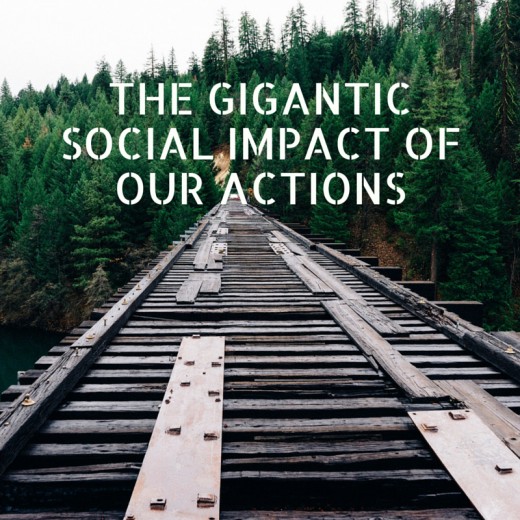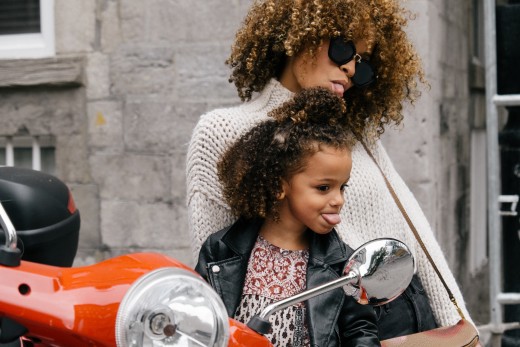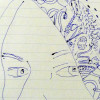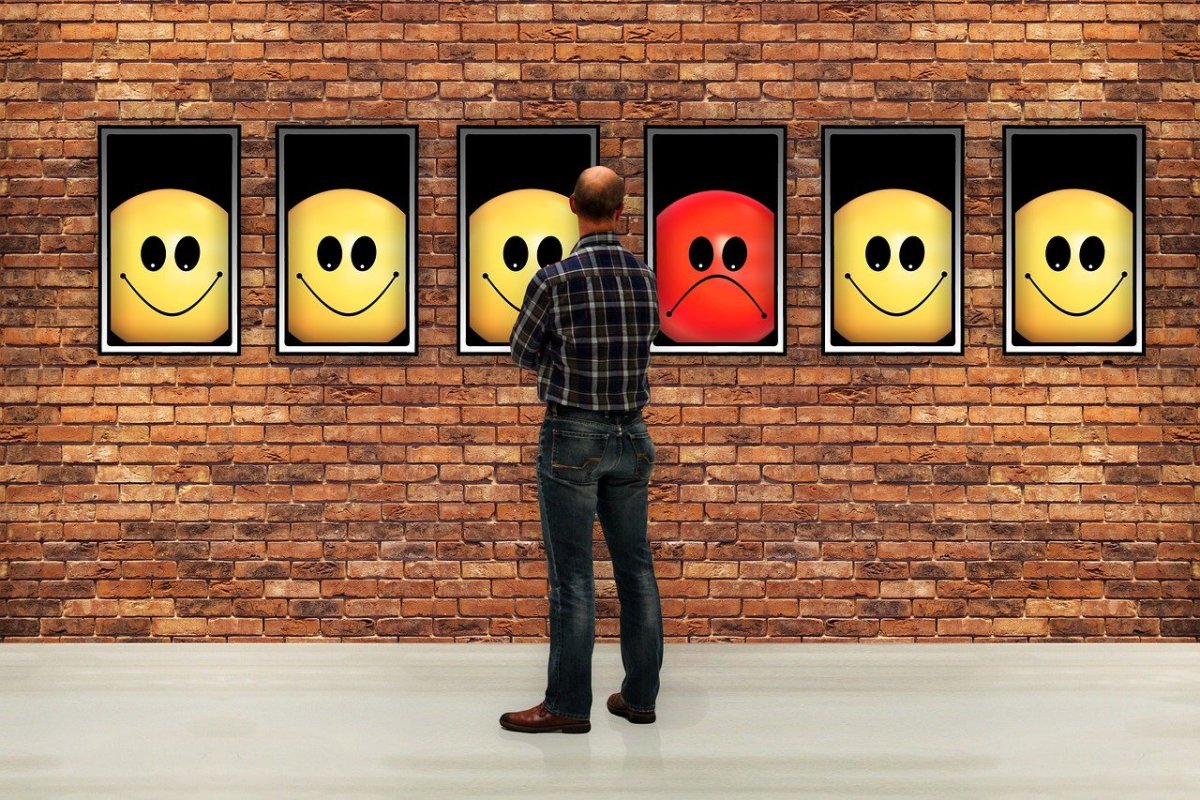How Our Actions Influence Others

What Drives Our Actions
An’ here I go again on my own/Goin' down the only road I've ever known,/Like a hobo I was born to walk alone.
These are lyrics from Whitesnake’s ”Here I go again”, an independence anthem. Connections be damned! Perhaps people are justified in severing ties and trying to do it alone.
The scenarios that come to mind in order to explain such a decision are either someone did something to them or they did something to others. Therefore, it boils down to how we treat each other, how we perceive and are perceived. Some believe that being detached and not too involved is a healthy view of the world. Heaps glorify the self-made man.
However, social connections have a determining role in our lives. How we view and act toward people shapes them, it influences how they see themselves, how they act, and how they see their future.

Human connection is a basic need
First, recent studies have proved that connection matters. The idea is not new. Even from ancient times, from Aristotle, it was known that man is a social animal.
Talking about ancient, you may not have realized it, but the Christian ten commandments are meant to protect relationships. The first four protect the relationship between humans and God while the other six protect relationships between humans. They are imperative and people are set on the ideas of sin and punishment. However, God was fixing the frame for safe and sane relationships.
If we believed that to be social meant only to live inside the society, to accept its norms, and abide by them, we had a limited mind frame. It is more than that. It is the idea that without meaningful connections, be it child or adult, the human is transformed into something else. A beast or a god, says Aristotle. Being social is built on the foundation of our most basic actions, on what we generate and what we receive.
Accordingly, the UCLA professor in cognitive neuroscience, Matthew Lieberman enlightens us in his book “Social: Why our brains are wired to connect”. He discovered that the need to connect with others is as basic as the need for food, water, and shelter.
Therefore, contrary to the tethered information found in Maslow’s pyramid, the connection is a basic need. In the 8 level pyramid, the needs for love and acceptance and the ones for self-esteem and the respect of others are placed somewhere toward the middle.
Professor Lieberman explains that our need to be social might be the reason we like social media. With all its shortcomings, that when asked every user is ready to name, we love the support we receive through these mediums. We are aware of the distances between us and our “friends”, yet we feel warm inside and enjoy it, we feel that our ideas matter, that our accomplishments are appreciated, or that our image is admired.
Furthermore, another idea found in the book “Social” is that our brains react to rejection in the same way they react to physical pain. We all felt it, maybe some of us were thinking we were overreacting. We weren’t. The solution found on lists that outline what the successful people do different is to take nothing personal.
However, we are not wrong in our initial response to take things personally. On the contrary, we are absolutely human. For example, if for someone the education is important, not being admitted to the university of their dreams is a rejection. One might feel personal exclusion.
There is also the case of small, everyday rejections, nonexistent acts of social courtesy that throw us off balance. The uninterested bus driver that closes the doors and takes off as we, obviously, run towards the station. Unrequired comments heard in the street. Again, we all have these stories, we all know the pains of minor disconnections.
In other words, it is not a new idea that social connection is important. Yet, the scope of the idea has been redefined and detailed, proving that how we interact with each other is more influential than we believed.

"Other than in a Rambo movie, there is no such thing as an army of one"
Just in the same way, people claim that they can do it alone, on their own terms. Yet, such claims are bombastic and not accurate. Some build themselves as an antonym to others, bypassing empathy.
Author Brené Brown mentions in “Daring greatly” the Whitesnake song quoted in the introduction, also stating that doing it alone is a myth. We can not live a vulnerable life alone, we need support and encouragement.
Obviously, we maintain such a support system when we are also on our best behaviors. Being vulnerable is important, as the vulnerability is the birthplace of love, joy, belonging, courage, creativity. The author also notes that living under shields, constantly protecting ourselves is exhausting, consumes our whole resources, and makes us small.
Furthermore, we love success stories and are inspired by them, but the self-made man is a myth. Behind every success story, there are the contributions of family, friends, associates, mentors, teachers, even those of antagonists.
Author Mike Myatt states this idea in the Forbes article “Self-Made Man - No Such Thing”. He also notes that
Other than in a Rambo movie, there is no such thing as an army of one.
Also, he lists desirable behaviors in leadership. Not surprisingly, most of them state how one should act toward others. For example, giving credit and helping others are sound business practices.
Moreover, working on relationships, even on shaky ones, pays off. Studies proved that people who divorced were not happier than the ones that stuck to marriages. On the contrary, a few years away from their troubles, married people declared they were happy. Such is the study “Does Divorce Make People Happy?”, realized by the Institute for American Values.
Nobody is advocating continuing abusive relationships or working on changing monstrous behaviors. However, even if people state that they deserve the best, they might be searching for it in the wrong places; furthermore, they might be influenced by the consumerism society more than they like to admit. Around half of the divorces come from marriages that do not have a high level of conflict. How people treat each others in such close relationships proves to be crucial, marking their whole lives.
Love is not a feeling, love is a principle. In brief, succeeding alone is a myth and even the most individualistic profit or not by the treatment received from others.

How people treat each other influences the way they act
Finally, lack of healthy social support and treatment is devastating. The most dramatic case is the one of no social acts geared towards a baby or a toddler.
In history, there have been cases of feral children that suffered from an absolute lack of human connection. These are cases of children that, accidentally or not, grew up among animals. What ensues: they didn’t know how to act like humans, they acted like animals.
For example, a girl of 5 years in 2009’s Siberia, whose father and other relatives treated her as they treated the dogs and the cats. Those were her companions, she ate like them and “talked” through hisses and barks.
Comparatively, most of us, the ones that come from Romania, love our country, but it is also the place famous for neglected orphanage children. Things have changed, yet in the 90s lives were affected by cruel, unsocial treatments. A study conducted on such children proves that the conditions to which they were exposed in their first years of life changed their brain structure. Such conditions were: crowded and understaffed places, abuses. After years, as adolescents, they had lower quality brain activity and were worse off socially.
These are extreme examples; however, it is enough to listen to songs such as “Barbarism Begins At Home” by The Smiths to grasp mistreatment at every age:
Unruly boys/who will not grow up/must be taken in hand/Unruly girls/who will not settle down/they must be taken in hand
Another proof that how people treat each other influences the way they act was presented by the journalist and addiction researcher Johann Hari this year, in a TED talk. To summarize the talk, lack of meaningful connection is what stands behind addiction to everything, from drugs to technology.
Hari talked about an experiment done on rats. A rat left alone in a cage with a source of drugged water and one of clean water, chose the drugged one. However, when placed in a dream cage, with other rats, living a healthy, plentiful life, they no longer chose the drugged water but went for the clean one.
In human realities, the measures that Portugal took, of decriminalizing all drugs and investing, not in punishing, but in reconnecting addicts to society by creating jobs and making available loans for businesses, were a success. They began in 2000, nowadays all forms of addictions have decreased, the most spectacular being the decrease of injection drug use by 50%.
Additionally, an unhealthy way to socialize is to link our self-worth to the reactions of others. Self-worth should be set to full. Yet, it is not uncommon that we feel poorly about ourselves. There are healthy ways of changing that, like dealing with what bothers us, finding solutions to our problems, even seeking counsel.
However, it is a mistake to give power to random connections. In “Daring Greatly”, author Brené Brown gives the example of artists linking their self-worth to how their creations are received. Not unexpectedly, they are crushed when they don’t encounter success. Even worse is being successful and becoming addicted to that form of approval.
To sum up, how parents, family, or caretakers act toward children is essential. When we have self-worth problems, we should search for the authentic, meaningful answers, and not for deficient connections. When we treat each other as the best people we can be, even though we are not yet, we change, we improve, we actually become better.
Have the generosity to treat people as their best selves
All things considered, our social actions, whether small or important, have a meaning, more of mark than we might be aware of. Individual efforts are essential, but standing alone and the self-made man are myths. We are shaped and we shape. However, it is never late to become aware, change, and improve.
Starting points for healthier humans and better relationships are the knowledge that what we do matters, an individual rethinking of positions, and the generosity to treat people as their best selves.



